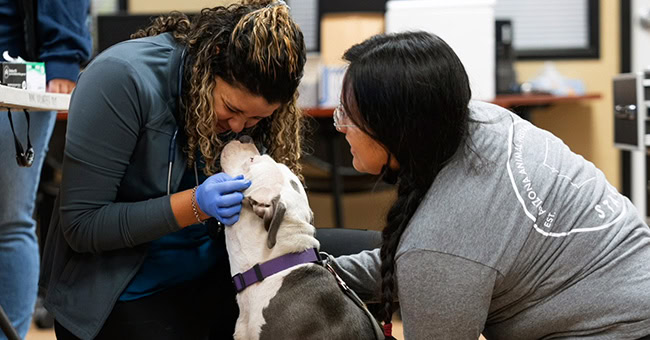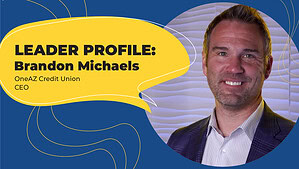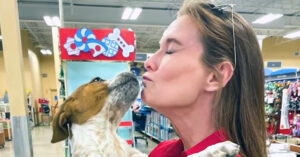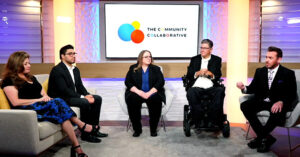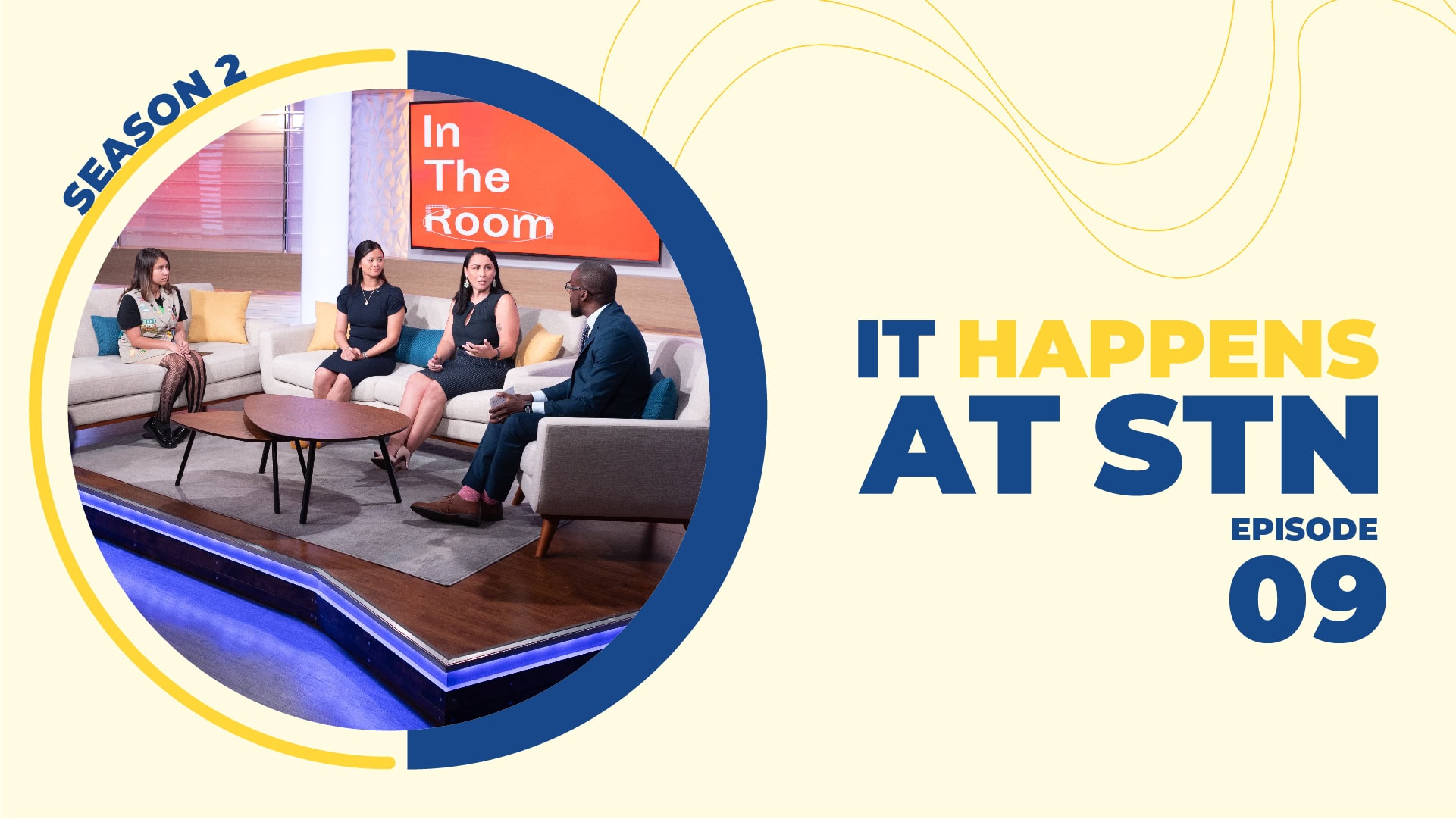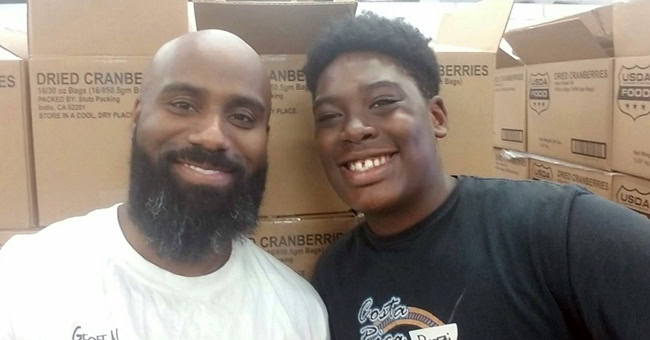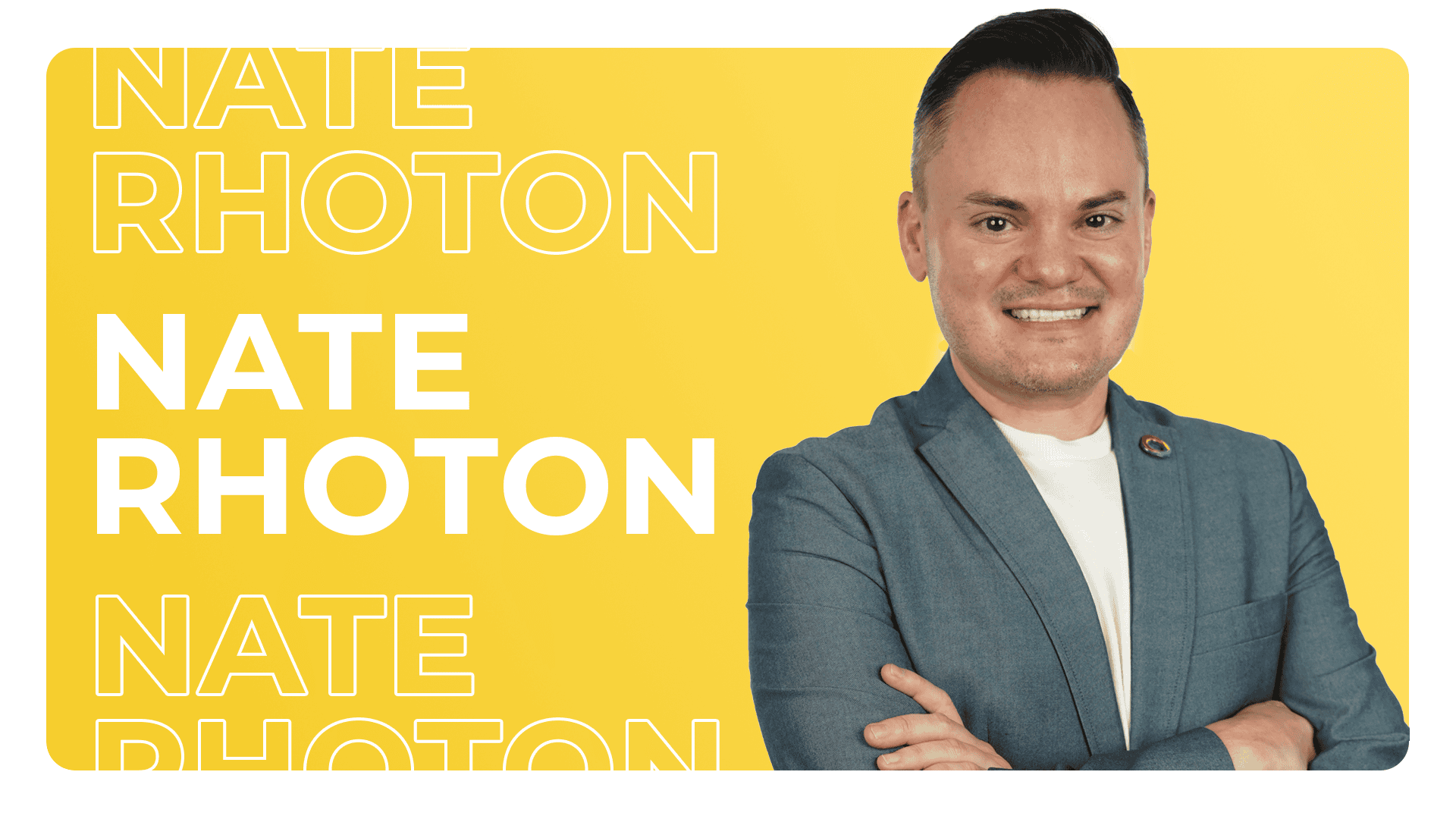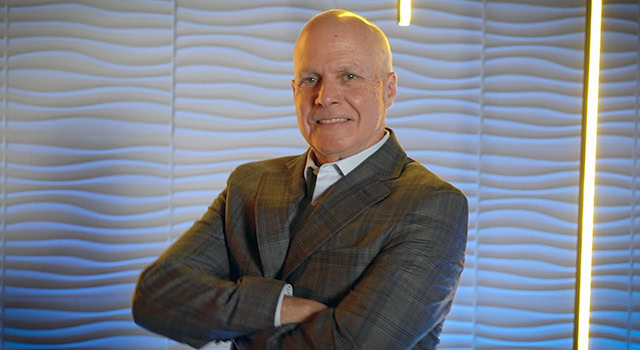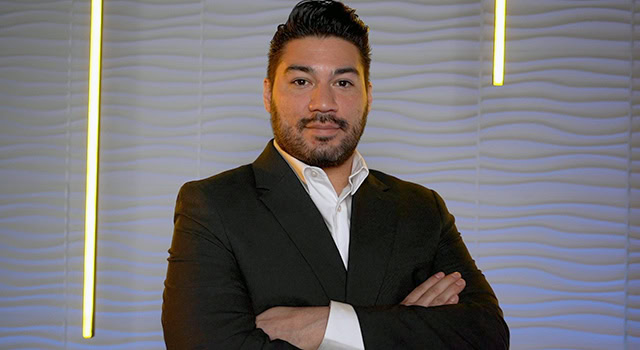PHOENIX, Ariz. (STN) — Dogs, cats, fish, and even pigs; according to the American Pet Products Association, nine out of every ten households in America are home to a pet. However, officials at PetSmart reveal that a third of those pet-owning families have no, or limited, access to veterinary care.
“This is specifically true in communities that have been historically excluded,” said Sarah Campo, Senior Community Grants Manager at PetSmart Charities. “Historically excluded Latino, Latinx, Black, indigenous communities face barriers not just around cost, but also related to transportation, travel distance, and trust.”
As part of a $100 million investment aimed at ensuring all pets have access to veterinary care, PetSmart Charities has launched an incubator grant program to establish vets and clinics in underserved neighborhoods. Identifying precisely which neighborhoods to prioritize is where a partnership with the Arizona Animal Welfare League comes into play.
“The first thing that we wanted to do is figure out which communities had the highest need,” said Claudia Vazquez, Director of Community Engagement at the Arizona Animal Welfare League. “What we found was that the highest number of intakes coming into a county shelter were from a community called East Maryvale.”
Upon deeper investigation into East Maryvale, Arizona Animal Welfare League discovered a community lacking consistent, affordable vet care services and a lack of follow-through from organizations that pledged to address these issues.
Inside PetSmart Charities incubator grant program:
“We knew that building trust was going to be essential to any kind of program or service that we were going to deliver,” Vazquez said. “We started to go out to the community and make friends. We started to talk to organizations. We started to talk to the people that lived in the community. We attended parent groups at schools. We went to food distribution events. We embedded ourselves in the community.”
The incubator program spans five years with the first year dedicated to establishing relationships with the target community.
“What we’re really focused on is how do you get into the community, meet people, build trust, break down some of those barriers,” Ocampo said.
It was this community-first approach that caught the attention of ONE Community, a leading organization in diversity and inclusion efforts in the Valley.
“[PetSmart Charities] met the community where they were at, and didn’t go in and tell them what they needed,” said Angela Hughey, President of ONE Community. “The listening component is so important. So you built trust because they are stakeholders and because you listen to them and actually built a program based on what they needed. The opportunity for true systemic change is really upon us.”
For more information, visit the PetSmart Charities information page.


